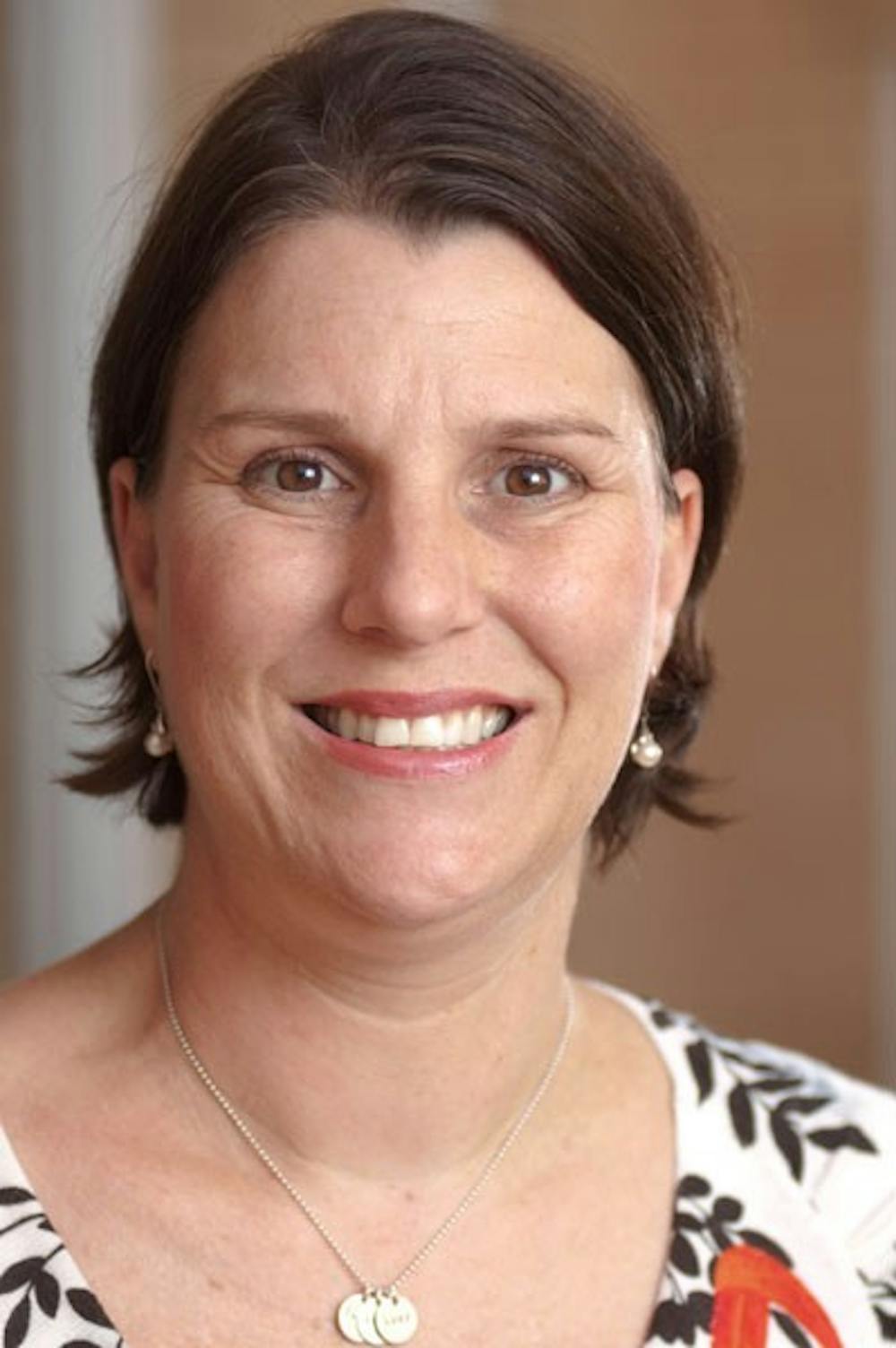Most obesity research focuses on medical risks, but new ASU research looks at how obesity is perceived culturally.
Alexandra Brewis Slade, professor of anthropology in the School of Human Evolution and Social Change, began work in 2008 on a project that examined perspectives of obesity on a global scale through cultural factors.
Science journal Current Anthropology published Brewis Slade’s research paper, “Body Norms and Fat Stigma in Global Perspective” earlier this month.
Brewis Slade collected data in 10 countries, including the U.S., and found that in each country, people agree that a “fat stigma” is present.
ASU undergraduate students had an opportunity to participate in Brewis Slade’s research.
“The goal was to look at obesity on a cultural level rather than a health level,” global health junior Benjamin Lang said. “This means understanding how weight is perceived in different countries and cultures.”
Lang became involved with the project in Samoa almost two months before a tsunami hit the country in September 2009.
“The media [portrays] obesity as one of the worst things, but there are so many things we don’t understand about it,” Lang said.
Stephen Ruffenach was also a student involved in the obesity research. He collected data in Buenos Aires in 2009.
“I was tasked with filling out various [papers for each person interviewed] that had a lot of demographic categories, such as occupation, gender, education and weight, to get an idea about what people from different backgrounds think about obesity,” Ruffenach said.
Ruffenach has a bachelor’s degree in biology and society, and is pursuing a master’s in the same subject area. He plans to attend medical school next fall.
Ruffenach said his degree was relevant for the research.
“My degree is how biology is manifested and affected by different aspects of society, history of disease and classes of biological phenomenon; it doesn’t just look at cultural components,” he said.
Understanding the particular environment in which obesity is examined is important, he said.
“Obesity has been explicitly referred to as a ‘culture-bound syndrome,’ a problem that cannot be fully understood independent of the culture or social group in which it appears,” Ruffenach said. “So our project with Dr. Brewis focused on comparing perspectives of obesity in different cultures.”
Ruffenach collected data in Buenos Aires from various people and said answers were mostly the same within this culture.
“There is a consensus on obesity,” he said. “People did see obesity was stigmatized, and this is what was significant about my work.”
Brewis Slade addresses the issue of obesity stigma by focusing on cultural knowledge in her ongoing research.
“[Cultural knowledge is] how people understand the world and how they react to it,” Brewis Slade said. “We found that the stigmatizing attitudes toward obesity are rather a lot.”
Brewis Slade worked in Samoa as a post-doctoral student where she collaborated with a team that focused on cardiovascular risk in Western Samoa and American Samoa.
“When I became a part of that team, I was interested in the cultural aspects that no one was looking at, so I joined this team in Samoa, and at the time it was considered one of the fattest populations,” Brewis Slade said.
Brewis Slade’s interest in obesity stems from her first involvement in Samoa.
“In Samoa we ended up collecting a lot on body image, and I sort of kept that interest for the last 20-something years,” she said.
The growth of obesity has to do a lot with economic growth, “which brings change in lifestyle,” said Brewis Slade, remarking on the rise of obesity across diverse areas like Buenos Aires and Samoa, where the economy has been growing.
Observing historical trends is crucial to this sort of research, she said.
“The transition in the west took several generations to happen, and now it’s happening in developing countries as we see emergence of these trends at a more accelerated rate, which are carried out by half a generation rather than several generations,” Brewis Slade said.
Reach the reporter at amatro@asu.edu





